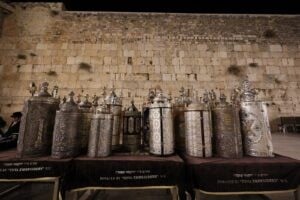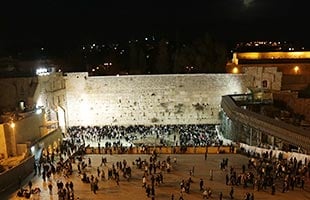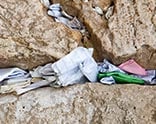- Western Wall
- Categories
- Parasha of the Week
- Parashat Shemot
- Parashat Yitro
Parashat Yitro

Bs”d Yitro 5783 Parashat Yitro Rabbi Shmuel Rabinowitz, Rabbi of the Western Wall and…
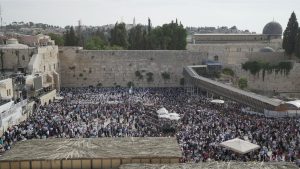
Parashat Yitro 5782 Rabbi Shmuel Rabinowitz, Rabbi of the Western Wall and Holy Sites In…
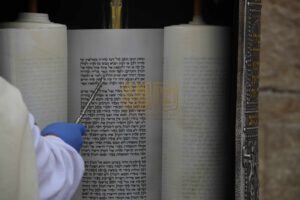
Parashat Yitro 5781
Rabbi Shmuel Rabinowitz, Rabbi of the Western Wall and Holy Sites
The main topic of this week’s Torah portion, Yitro, is “Ma’amad Har
All articles loaded
No more articles to load
Today December 2, 2024
Dawn:
End of prayer time:
Mid day:
Sunset:
Western Wall Cameras
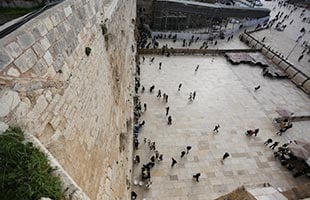
Watch the Western Wall in real-time
Interesting Facts
The Western Wall's visible stones tell of its history from the time of the Holy Temples' ruin. The original Herodian stones are distinct from the others in size and in their unique borders.
The building style of "grading" used when layering the Western Wall's stones, teaches us that the Temple Mount's walls were not perpendicular but marginally sloping.
